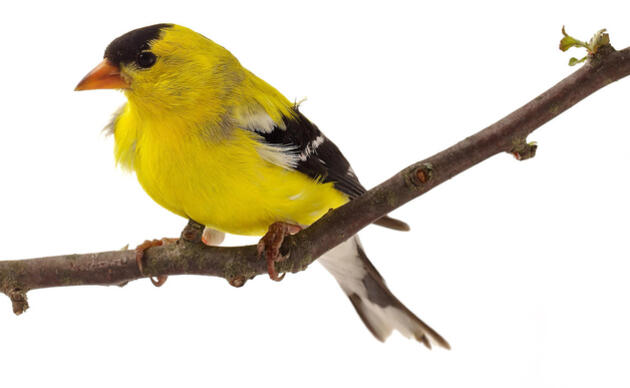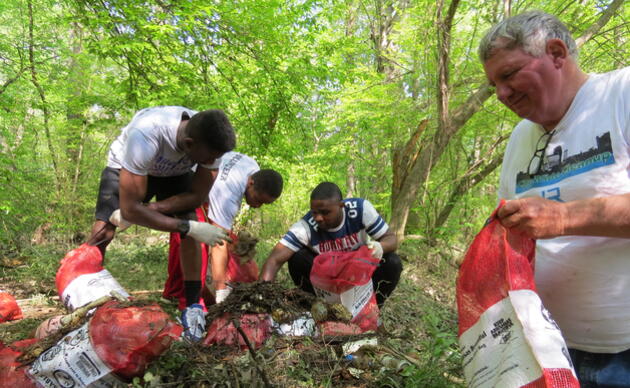On May 3, the Arkansas State Plant Board went against the science when they voted 9-5 to extend the cutoff date from May 25 to June 30 for spraying the herbicide dicamba over the tops of soybean and cotton, which have been genetically modified to withstand it. They also cut the protective buffer for certified organic and specialty crops in half to 1/2 mile, not that buffers actually protect from dicamba's volatility. These changes were made despite University of Arkansas Division of Agriculture scientists reporting that “there are no scientific results that show dicamba can be used throughout the year in Arkansas without substantially injuring crops.”
Dicamba volatizes in warm weather, meaning that hours or even days after spraying it becomes a gas and spreads around for miles in all directions, injuring a wide variety of crops, ornamental plants, and native plants. Dicamba's volatility cannot be controlled. The result is chemical trespass on private and public lands. In 2019 and 2020, Audubon led a community science project to monitor and document dicamba damage to vegetation on public lands in order to gain a better understanding of the geographic range, extent, and severity of unintended damages. Our data reveal that dicamba’s off-target impact to plants is widespread in both geographic scope and number of species afflicted. For the past three years we have been advocating for tighter restrictions.
Unfortunately, a recent legislative change to the Plant Board’s composition (Act 361) stacks the board with farmers who use dicamba. Further, the Arkansas Supreme Court ruled that the composition of the Plant Board, with representatives from various agricultural industries that have traditionally balanced each others' interests, is unconstitutional. The days of advocating with science before the Board may be over.
Fortunately, a group of farmers impacted by dicamba have filed an appeal, arguing that the Plant Board failed to follow the science and administrative procedure. A lawsuit by the National Family Farm Coaltion against the EPA for improperly registering dicamba in spite of its inherent problems is also making its way through the system.
Some farmers claim they need dicamba to control pigweed, which has become resistant to other herbicides. Yet there are safer alternatives, and widespread use of dicamba has already led to resistence in some pigweed populations. Dicamba is a faulty product that should never have been approved for use over the tops of crops in the first place.
Learn more about dicamba.
Please support our continuing campagin with a donation.



